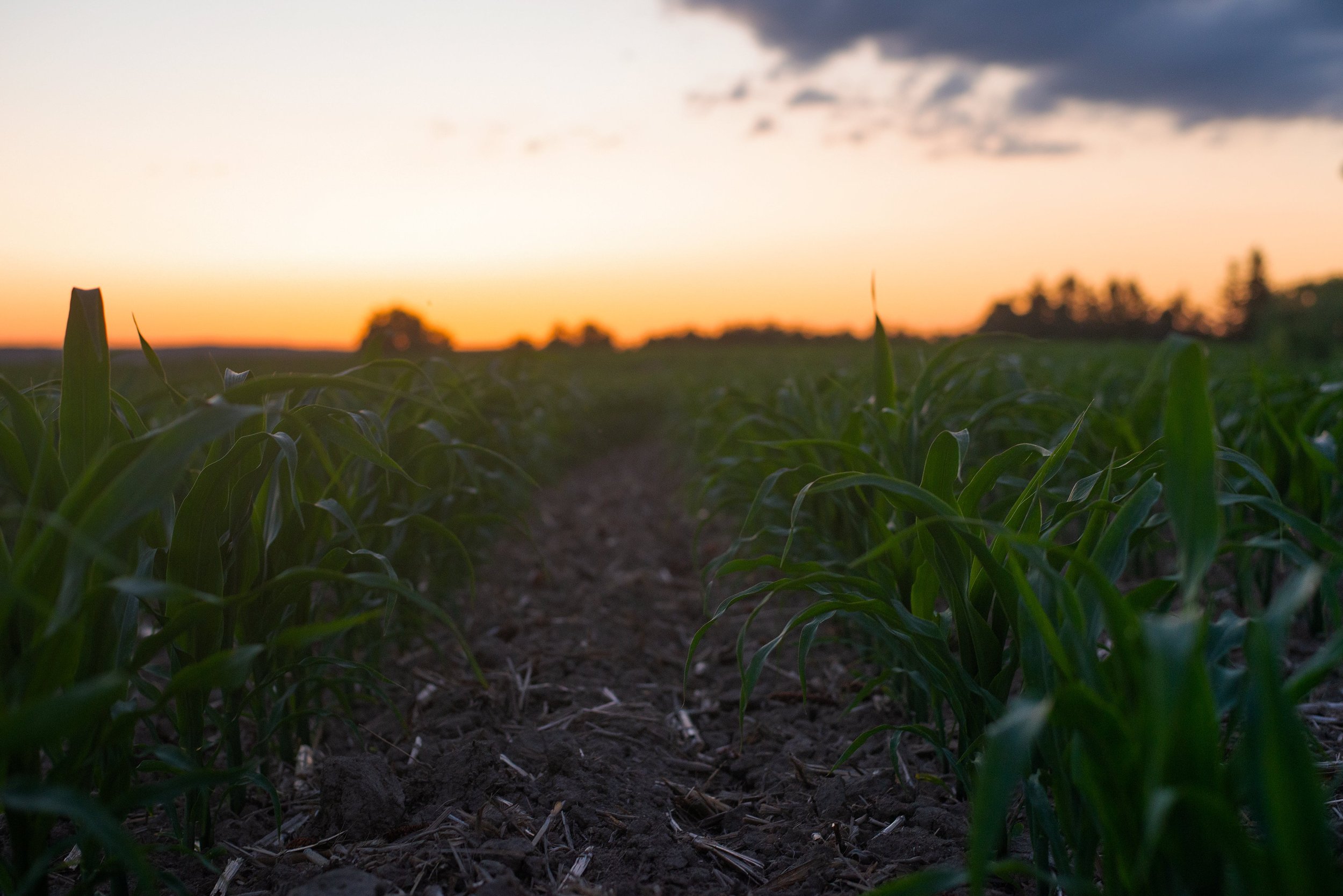
ESG & Positive Impact
We contribute to the Sustainable Development Goals for achieving a more sustainable future. We’re fully committed to food security, climate change, diversity, work conditions and others key SDGs.
Food and Agriculture Projections*
2009 - 2050
↑
25%
World population is expected to grow 25% reaching ⁓9,9 billion in 2050
↑
80%
Per capita income will increase on average 80% driving higher caloric intake
↑
60%-70%
Will take a 60-70% increase in crop production until 2050 to meet demand
7%
Only 7% of the Earth’s land is suitable for cultivation with most of the world’s productive land already in crop production
*According to Food and Agriculture Organization of the United Nations
The increasing food production needs and decreasing land availability will create a supply-demand imbalance and will add further pressure on the use of natural resources combined with increasing risks related to climate change.
Addressing these challenges through our investments has become one of our major priorities. To support an inclusive and sustainable growth in this sector, Terra Verde Capital commits to the adoption of rigorous ESG principles allowing us to build enduring relationships with our stakeholders, while driving additional value creation for our investors.
We contribute to the Sustainable Development Goals defined by the United Nation for achieving a better and more sustainable future and we are fully committed to food security, climate change, diversity, work conditions and others key SDGs.

Terra Verde Capital’s investment strategy and financial goals are supported by our complementary mission of shaping a positive outcome for the future
by managing and operating in a way that seamlessly balances the environmental, social, and economic imperatives of a sustainable agriculture system.
Our ESG Strategy
Align financial goals with positive impact for the environment and communities
Commitment and contribution to the key UN Sus- tainable Development Goals considered in the con- text of farmland and farmland management: (2) Food, (6) Water, (13) Climate, (12) Circular Economy, (15) Soil and Biodiversity
ESG Approach & Integration
Pre-Investment
ESG integration in due-diligence asset review process
Analysis on sustainability and ESG related risks with the support of technical experts.
Due diligence asset review from an ESG suitability point of-view based on 5 SDGs, each crop-type / region combination will be scored early in the acquisition process on a “Baseline ESG score” and on a “Potential for ESG improvement score” on the 5 SDGs, whereby an insufficient score will lead to discontinuation in the process.
Investment
ESG integration in farming practices selection
Target organic, conservation and regenerative farming practices, which can contribute to: (i) sequestering carbon and mitigating climate impact; (ii) producing healthy soils and food; (iii) producing clean air using input from the farm; (iv)increasing the productivity and economic return
Post-Investment
Measure and report the ESG performance of farm operations
Implement concrete, measurable sustainability KPIs at property level, in line with the 5 SDGs, which may call for involvement by several parties ranging from the farmers to ecological advisors, as setting KPIs depends on many local/technical factors.
Create a sustainability plan at property level, incorporating the KPIs, independently verified by an independent, local ecological consultant and reviewed periodically, if needed






